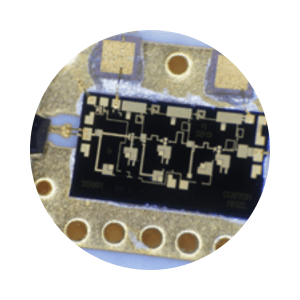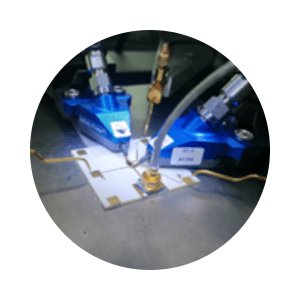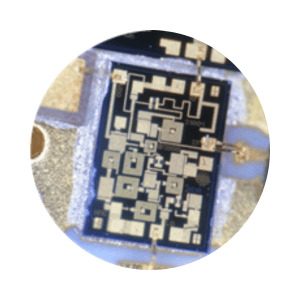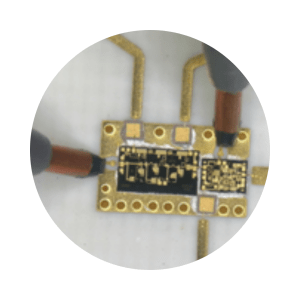
The STRx project proposes to research and develop an electronically guided signal transmission and reception system to function with the next generation of non-stationary orbit satellites. It will initially target the business and terrestrial mobility sectors and subsequently the domestic sector, where implementation and operation of the fixed infrastructure is not feasible, once the cost structure has been optimized.
The consortium promoter, constituted by Sinuta, Instituto de Telecomunicações, and INESC TEC, encompass/have an important skill set for the technical-scientific challenges of the project, in the fields of electronic, signal processing, computer programming, and radio frequency telecommunications.
The innovative approach of the project is clearly visible in 4 points: Integration of emerging technologies (MMIC) to this application; dynamic adaptation of “beamforming”; radiation pattern synthesis method; beam range scanning of elemental antennas.
Objectively, the results of STRx project will enable a low-cost and high data transfer system of electronically guided antennas, to operate with non-stationary orbit satellites, filling the gap in this emerging market.



The main objective of this project is to develop a compact, low-cost and electronically controllable adaptive antenna for satellite communications using the new constellations LEO and MEO. For this purpose, it is necessary to respond to the challenges that the scenario of satellite constellations in non-stationary orbits poses for communication and to develop new technologies in the field of high-frequency engineering as well as digital signal processing.


